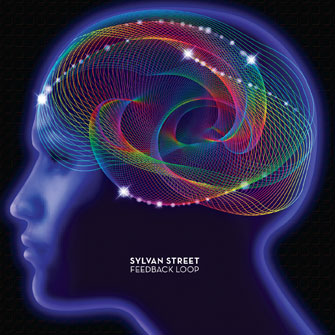SYLVAN STREET
Innovative Jazz Fusion, Finely Crafted Tunes, Electrifying Showmanship, Original, Aggressive, Diverse, Fresh, Lyrical, Eclectic
JAZZ • ROCK • LATIN • FUNK
SYLVAN STREET is a high-wattage jazz fusion band of eight acclaimed musicians performing funk-infused originals with surging bass grooves, powerful drums, tight horns, electrifying guitar licks, and exciting keyboards. Sylvan Street’s dynamic, rhythmic, and aggressive sound features an eclectic blend of material influenced by everything from Weather Report to Horace Silver to Talking Heads. The group’s dynamic songwriting draws on jazz, popular music, standards, and rock and roll, infused with Latin rhythms, urban techno beats, jump swing, and blues. SYLVAN STREET’s three CD’s The Perfect Leaf (2009), Here In America (2011), and Feedback Loop (2015) are all available on Summit Records. Our Free The Toronto Nine music video can be seen on YouTube and Vimeo. Members of SYLVAN STREET also host educational jazz clinics and master classes for high school and collegiate jazz programs nationwide.
Contact us directly for upcoming concert schedules and availability.
“Sylvan Street’s rich diversity blends to create a sound that is swingin, funkin, rocking, groovin, sultry, and soulful.” (iTunes customer)
UPCOMING CONCERT DATES:
October 27, 2015: “Festival Miami” University of Miami/Gusman Hall - Miami, FL 8 PM (See “Spotlight” story on THE LATEST)
https://www.miami.edu/frost/index.php/festival_miami/festival_miami_events/sylvan_street/
The release of our newest CD Feedback Loop kicks off our “Festival Miami” appearance!


